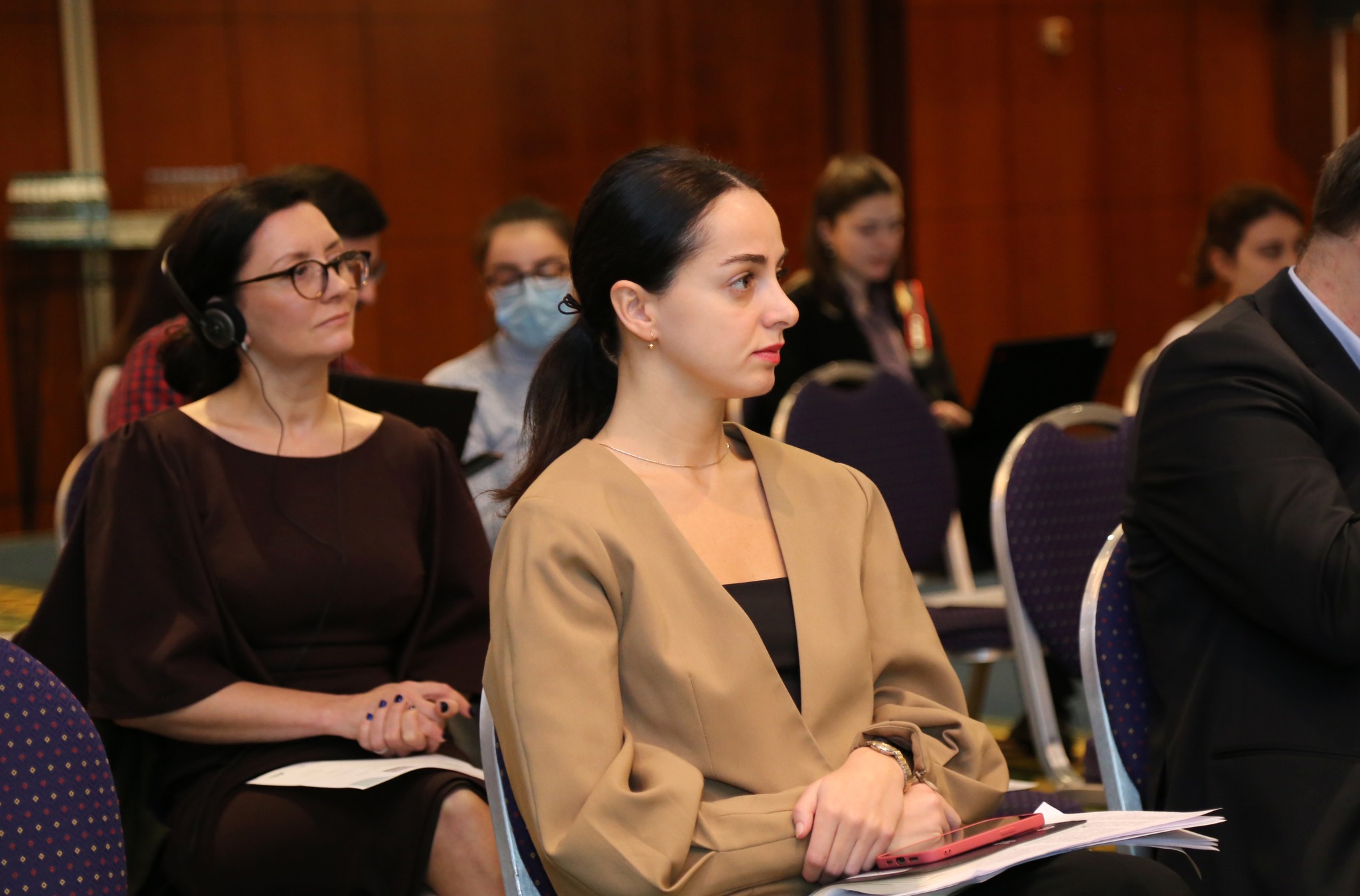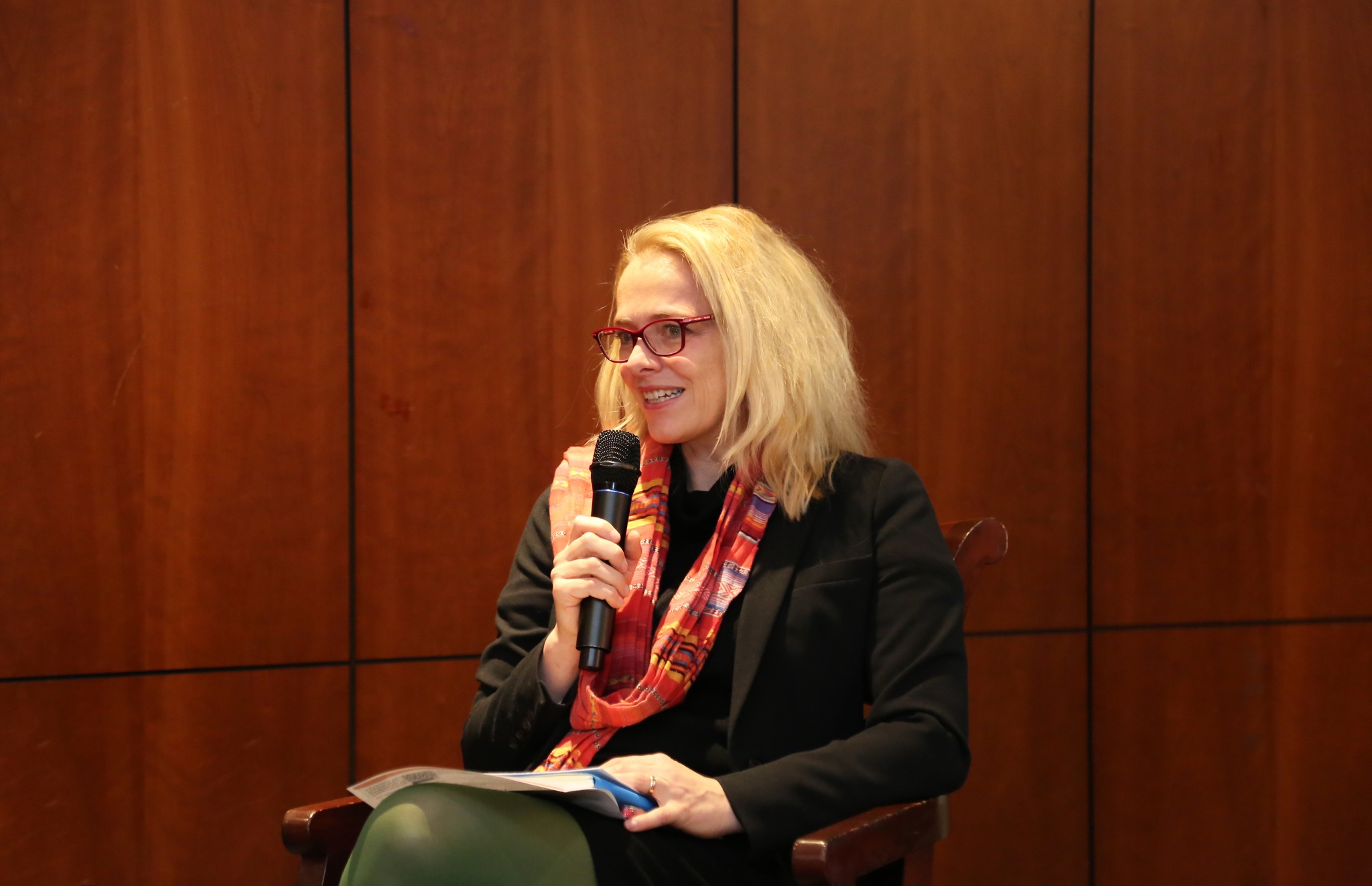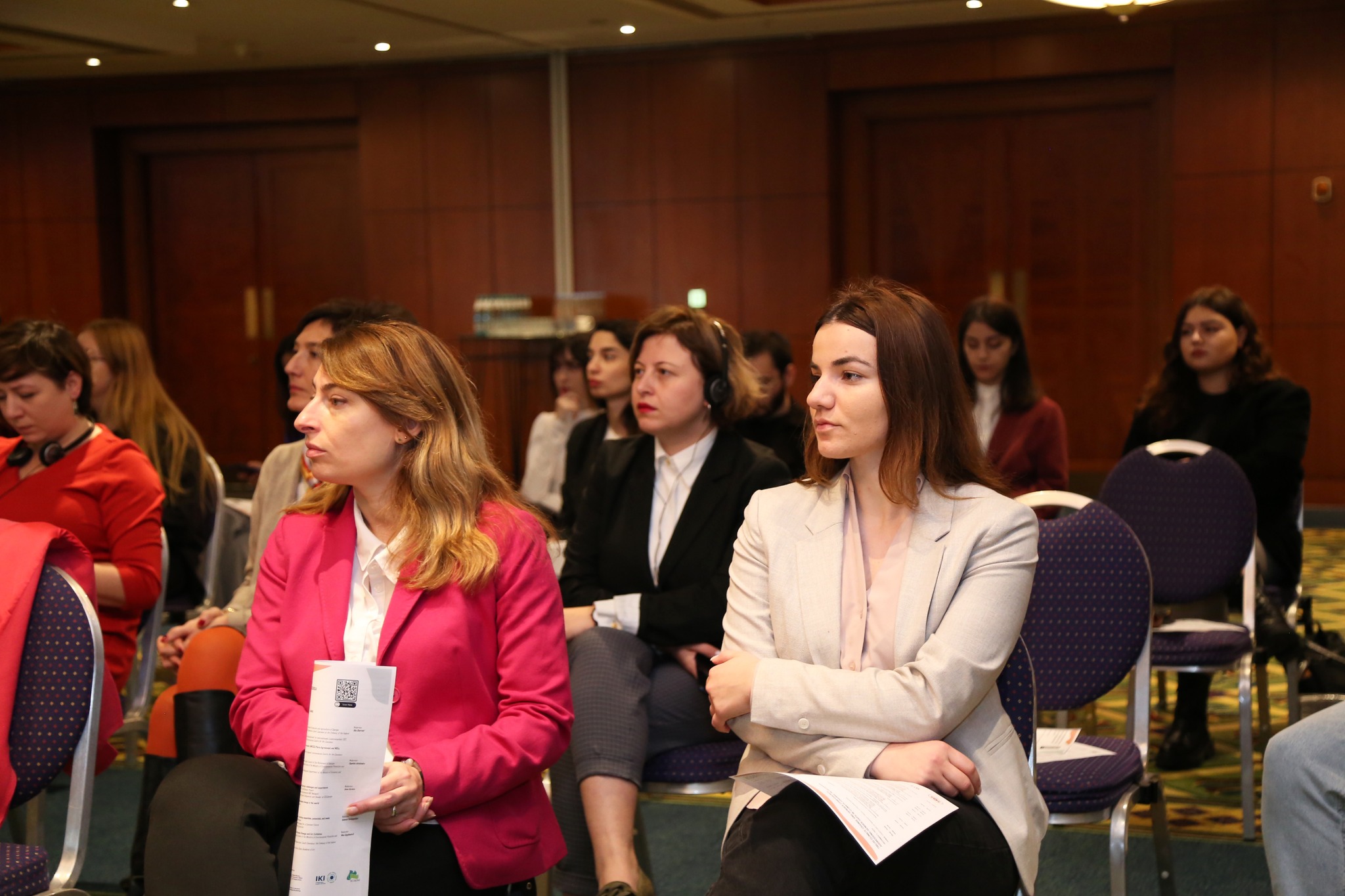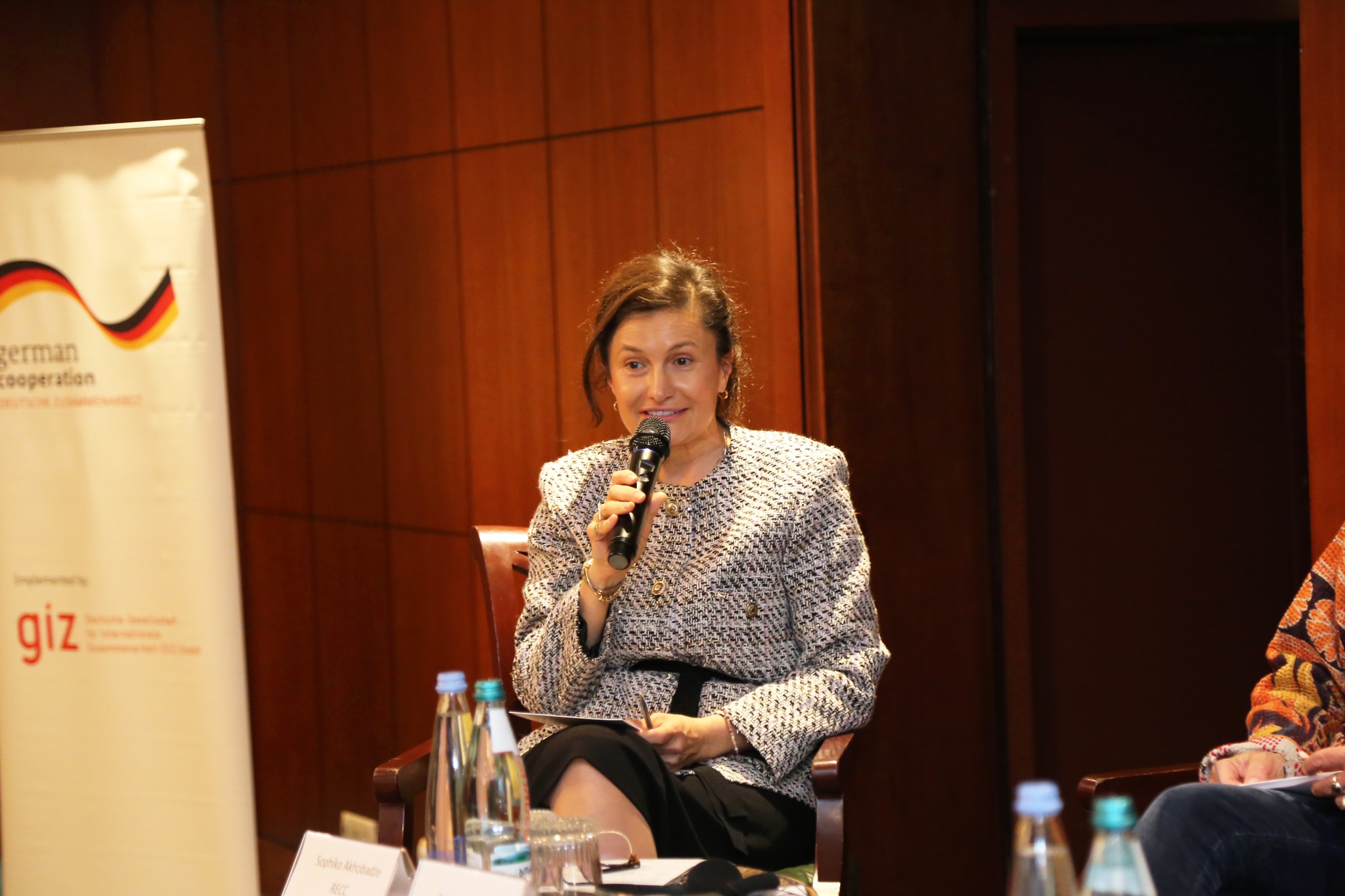News
Deputy Minister of Environmental Protection and Agriculture, Nino Thandilashvili delivered a speech at the conference dedicated to climate change and gender issues.
The purpose of the conference was to raise awareness of climate change and gender in Georgia and to encourage dialogue among stakeholders on integrating gender issues into the national climate change policy.
"Climate change is becoming a part of everyday life. The negative consequences that climate change can bring to us are obvious. As a member of the United Nations Framework Convention on Climate Change (UNFCCC), Georgia recognizes the importance of equal inclusion of women and men in the development and implementation of national climate policies. Georgia is one of the first countries to include gender aspects in the Nationally Determined Contribution (NDC) document of Georgia, clearly recognizing and emphasizing the importance of women's activation in the process of climate change policy planning and decision-making," said Nino Thandilashvili.
The climate change and gender conference was hosted by the Ministry of Environment and Agriculture of Georgia with the support of Deutsche Gesellschaft für Internationale Zusammenarbeit (GIZ) and the Regional Environmental Center of the Caucasus (REC Caucasus). In parallel to the conference the "Climate Change and Art Exhibition 2022" was organized by GIZ’s Regional Programme for Capacity Development for Climate Policy in the Countries of Southeast, Eastern Europe, the South Caucasus and Central Asia, Phase III (CDCPIII), commissioned by the German Federal Ministry of Economic Affairs and Climate Action (BMWK) within the framework of the International Climate Initiative (IKI).
During the conference, works created by the students of Tbilisi State Academy of Art on the topics of climate change and gender were exhibited.
The conference was attended by representatives of the government, non-governmental and international organizations, civil society, universities and experts in the field of climate change and gender.



